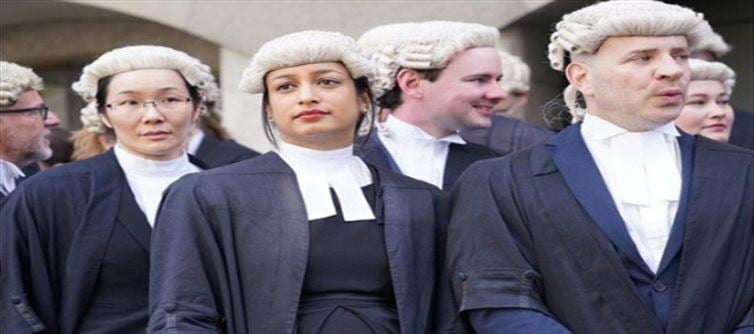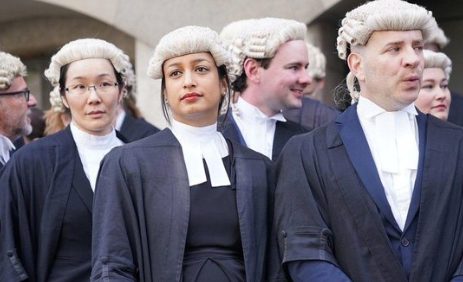
The tradition of british lawyers wearing wigs, particularly barristers, dates back centuries and is deeply rooted in legal history and tradition. Although this practice is no longer observed in many countries, including India, it remains an integral part of the british legal system.

The primary reason behind british lawyers wearing wigs, known as perukes, is to uphold tradition and maintain a sense of formality and solemnity in the courtroom. The wearing of wigs is considered a symbol of respect for the judiciary and the legal profession as a whole. It adds a sense of gravity and dignity to legal proceedings, emphasizing the seriousness of the matter being discussed.
Moreover, the uniformity of attire, including the wig, helps to create a sense of equality among lawyers and judges, regardless of their background or status. It also serves to distinguish members of the legal profession from other individuals present in the courtroom.
The design of barrister wigs, with their curved shape and curled back, as well as the fuller and tighter curls of judges' wigs (known as bench wigs), is carefully crafted to adhere to specific standards and traditions. Traditionally, these wigs were made from horsehair and were handmade, although synthetic alternatives are now available.
Overall, while the practice of wearing wigs may seem antiquated to some, it continues to be upheld in british courts as a symbol of tradition, respect, and professionalism within the legal profession.




 click and follow Indiaherald WhatsApp channel
click and follow Indiaherald WhatsApp channel